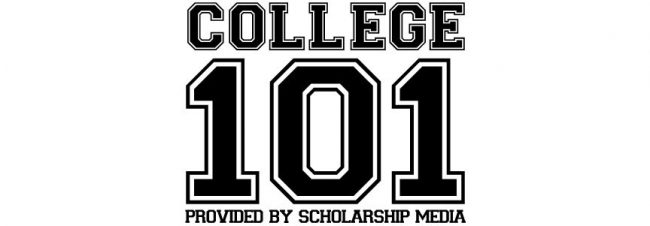Like any good young college student, I love the internet. I use it all the time, for everything from entertainment and dating to studying and career-related stuff. But I don’t love everything about it, and one thing I really hate are the ads.
I’m not the most tech-savvy, and I sometimes worry about how advertisers are tracking me. What’s with the aggressiveness of online advertisers? Why hasn’t there been more a backlash to the way advertisers track us and use our own data against us? And how can I protect myself from the sneaky ways that advertisers find me online?
Online advertising is a big business – a $204 billion business, to be exact. And there are very good reasons for that! After all, we spend 24 hours online each week on average! If advertisers want to reach us where we are, then it’s to the internet that they must go.
Internet advertising takes many forms. Some are obvious, like the banner ads on websites. These ads are often what is called “pay per click” (or “PPC”) ads. With PPC ads, the advertiser pays based on how many website visitors actually click the ad. Other ads work differently, with advertisers paying for each time the ad is seen (each “impression,” to use the industry lingo).
Advertising is more efficient, of course, when the ads reach the people that they’d most appeal to. This is something that advertisers have been consider for ages. Advertisers care about the demographics of an area when they put up a billboard. They care about what’s on TV when their TV ad airs. If companies advertise to the wrong people, they’re wasting money. That’s why it pays to learn how to target ads as effectively as possible, say Instructors behind a Digital Marketing Course Toronto.
And the internet gives advertisers powerful new tools to target their ads. One popular technique is to use “cookies.” Cookies are bits of data that your web browser collects as you travel through the web. They can tell websites where you’ve been before; based on that information, a website might display an advertisement relevant to your interests. It’s an effective technique, though we might find it creepy!
There’s a lot you can do to limit the effectiveness of these sorts of strategies. For instance, you can disable cookies on your browser. You can use private browsing modes to limit the information you share, too. For more serious privacy, you could choose to use a VPN or proxy service to anonymize your web traffic. Or you could simply use an ad blocker to keep the creepiness out of site – though such blockers don’t necessarily make your web traffic any more private.
You can take control of web advertising in all sorts of ways, but it’s worth remembering that there’s a give and take here. Your favorite blogs and websites may rely on advertising money to survive, so using an ad blocker may hurt your favorite sites – which could lead to them putting up a paywall or even going out of business entirely.
“Create something people want to share.” – John Jantsch









